As Hurari, author of A Brief History of the Future, said, "For the world of the future, the biggest constant is change." In today's fast-changing era, workplace environments are constantly evolving as traditional ways of working give way to more flexible and innovative approaches.
With the transformation of people's lifestyles and workplace needs, the rebalancing of a healthy life and workplace has become an unavoidable and urgent issue for entrepreneurs and working people. How do we create a desirable workplace in these challenging times?
Change is not just a challenge; it’s an opportunity for renewal and new balance. And with the addition of new workplace concepts and advances in technology, we are moving towards this new balance.
One such evolution is the concept of a distributed workforce, a form of “operational agility” that has gained significant momentum in recent years. This workforce model enables organizations to leverage talent from diverse cultural backgrounds and time zones, fostering innovation and creativity. Characterized by individuals collaborating remotely from various locations, distributed teams offer an outstanding advantage for organizations seeking agility, resilience, and efficiency in today's competitive environment, making them one of the preferred models for the future workplace. Remote work, hybrid work, flexible work, and shared work are all excellent embodiments of a distributed workforce, enabling companies and employees alike to find their own balance in changing times.
The DEI design concept is also undoubtedly essential for the future evolution of the workplace. Diversity in the workplace isn't just a feel-good buzzword; it’s the strategic inclusion of individuals from various backgrounds, cultures, and abilities. Equity refers to fair treatment for all people, while inclusion refers to how the workforce experiences the workplace and the extent to which organizations embrace all employees and enable them to make meaningful contributions. Therefore, modular collaboration spaces, "hotelization" workplaces, private dining areas, biophilic design elements, neurodivergent design, and other workplace designs help improve how enterprises, business leaders, and employees interact with DEI. DEI's design philosophy balances company and employee, family and work, and workplace and life.
Additionally, with the rise of environmental consciousness, there is growing demand for safety, sustainability, wellness, and smart, contactless technologies in the workplace. Protecting against climate change has become a new employee benefit, which means designers need to have a sharper sense of environmentally friendly design. We hope to create a workspace that can adapt to social changes while considering the sustainable development needs of the next generation and the balance of nature.
The Workplace Design Conference aims to explore how to build workplace rebalance in an ever-changing environment through a two-day conference. Topics will range from flexible workplace layouts to comfortable experiences that incorporate natural elements, from intelligent workplace equipment to empathic designs that create a sense of well-being at work. Leading experts from the fields of architecture, design, real estate, and furniture will discuss how to create a new workplace ecosystem with more warmth and vitality through innovative workspace design, reshaping the harmonious coexistence between people and the environment. Meanwhile, numerous well-known workplace brands and service companies will also present their latest products and cutting-edge solutions.
Welcome to explore the many possibilities of the "Workplace" with us, as we create and define new ways of working!

